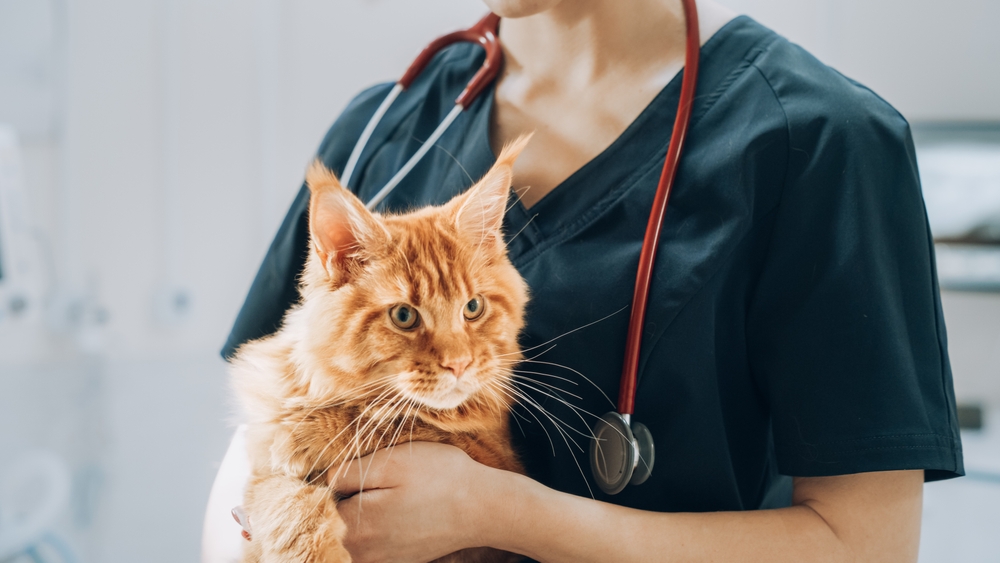
Seizures in pets can be a frightening experience for any pet owner. They occur when there’s abnormal electrical activity in the brain, causing your pet to exhibit symptoms such as uncontrolled movements, twitching, or loss of consciousness. Knowing when to seek emergency veterinary care is crucial to ensure your pet's health and safety.
What Are the Signs of a Seizure?
A seizure can vary in intensity and duration. Here are the most common signs to watch for:
Uncontrolled shaking or convulsions
Rigid or stiff limbs
Drooling or foaming at the mouth
Loss of consciousness
Paddling movements of the legs
Sudden collapse
Disorientation after the seizure (this is known as the postictal phase)
Seizures may last from a few seconds to a couple of minutes, and pets may appear confused, wobbly, or agitated afterward. While some seizures are mild, others can indicate serious health issues requiring immediate attention.
When to Seek Emergency Veterinary Care
Not every seizure necessitates an emergency visit, but there are situations where it's essential to act fast. Here’s when you should seek emergency veterinary care:
Seizures lasting more than five minutes: A seizure that continues for more than five minutes, or a cluster of seizures occurring close together, is considered a medical emergency. These can cause overheating, brain damage, and long-term health complications.
Repeated seizures within a short period: If your pet experiences multiple seizures within a 24-hour period (cluster seizures), or doesn’t recover fully between episodes, it’s important to get them to an emergency vet immediately.
Seizures occurring for the first time: The first seizure your pet experiences should always be evaluated by a veterinarian. It may be a sign of an underlying condition, such as epilepsy, toxin exposure, or other serious health problems.
Seizures in pets with known health conditions: If your pet has been diagnosed with epilepsy or another medical condition that increases the risk of seizures, and they begin seizing more frequently or intensely than usual, it’s critical to seek emergency care.
If your pet doesn’t regain consciousness: After a seizure, most pets will be confused but gradually return to normal. If your pet doesn’t regain full consciousness or remains unresponsive after the seizure, it’s time for immediate veterinary intervention.
Abnormal behavior following a seizure: While it’s normal for pets to be disoriented after a seizure, prolonged confusion, pacing, or aggressive behavior post-seizure could indicate that your pet needs urgent medical attention.
How to Help Your Pet During a Seizure
If your pet has a seizure, there are a few steps you can take to help keep them safe:
Stay calm and avoid panicking.
Move objects away from your pet to prevent injury.
Do not try to hold them down or put anything in their mouth—your pet will not swallow their tongue, but they could unintentionally hurt you.
Time the seizure to track its duration.
Keep the room quiet and dimly lit to minimize stimulation.
What to Expect at the Animal Emergency Center of Killeen
At Animal Emergency Center of Killeen, we are ready to provide immediate care for pets experiencing seizures. We offer diagnostic services, including blood work and imaging, to pinpoint the cause of the seizure and administer appropriate treatments. Depending on your pet's condition, we may recommend hospitalization or medication to manage seizures and prevent future episodes.
If your pet is experiencing a seizure or showing signs of distress, contact the Animal Emergency Center of Killeen at (254) 628-5017 or bring your pet in immediately.










